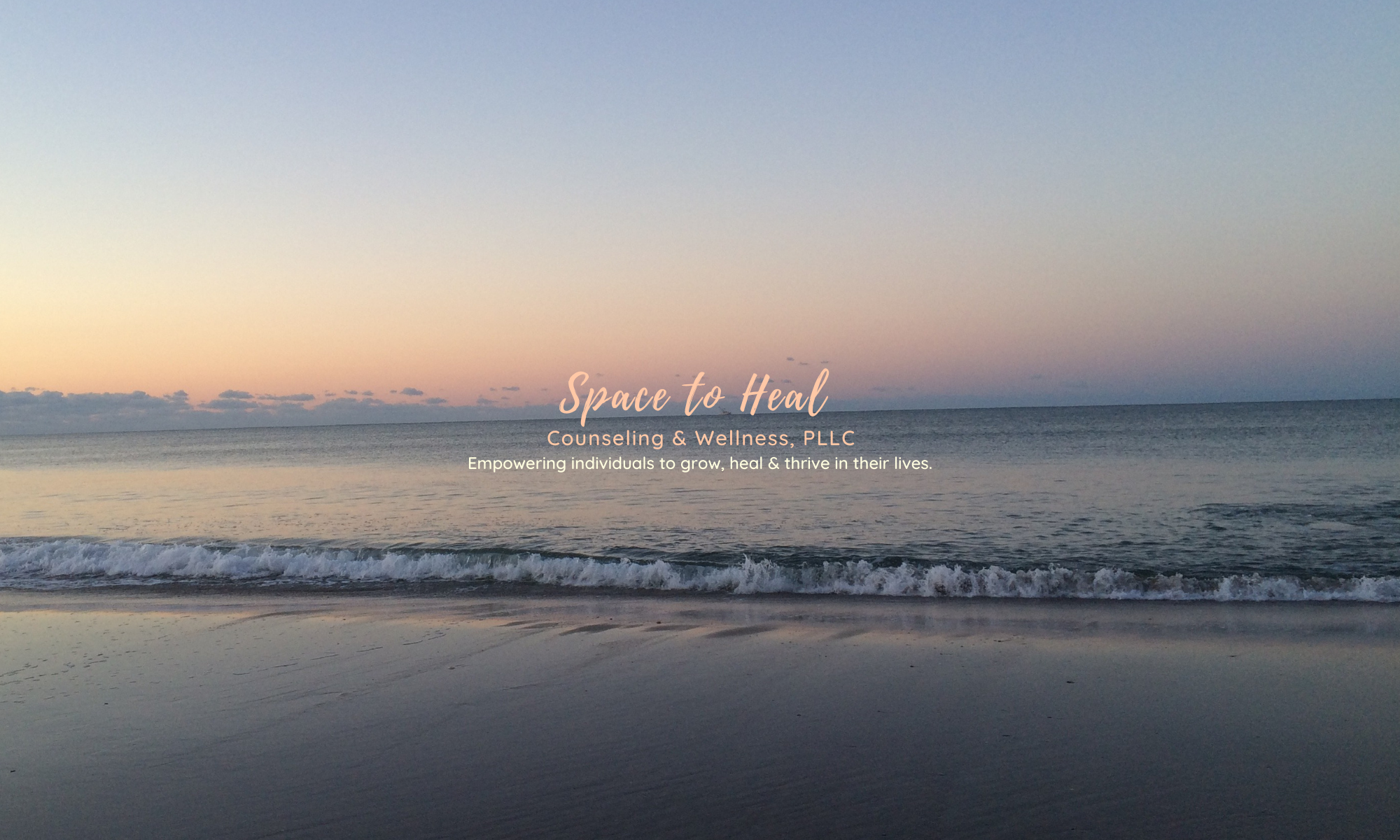In the end, stories are about one person saying to another: This is the way it feels to me. Can you understand what I am saying? Does it also feel this way to you?
Kazuo Ishiguro, 2017 Nobel Prize Acceptance Speech

Two years ago, I hosted an online writing workshop for people living with chronic illness called The Courage to Write. On a Saturday afternoon, our intimate group of four gathered to write about and share personal experiences living with chronic illness—fears, losses, grief, challenges. One of those participants was my dad.
The day my father told me he was going to sign up for the workshop, my first reaction was surprise. He didn’t talk much about his feelings let alone with a group of strangers. I always got the sense, even as a kid, that he was carrying a lot of unexpressed emotional weight and had a wheel of thoughts turning in his head. But over the years, he seemed to soften, and he and I started to have more honest conversations about our health and how it was affecting us. I knew the courage it took for him to sign up for something so vulnerable for him, and I was honored that he trusted me with that vulnerability.
On workshop day, I got goosebumps hearing people voice how they felt, especially knowing how scary vulnerability can be. Writing brought to the surface a pool of unfelt feelings. In sharing those raw emotions, connection happened among the group. While each participant’s health condition was different and their lived experiences unique, they shared many of the same struggles and feelings. There was echo of, Yes, me too.
Being in community with others “who get it” helped create a sense of safety and belonging that allowed for those feelings to be spoken, heard and held. Hearts and bodies softened. Shifts in perspectives and new insights emerged. We began with acknowledging and tapping into painful emotions of fear, anger and grief and ended with gratitude and compassion for each other and for ourselves. It was a beautiful thing for me to witness such a powerful transformation.
For my dad, the armor was removed and laid down as he let others, including his daughter, listen to his fears, his frustration, his grief and his deep love for his family. I learned a lot about him in those 90 minutes, and in so many ways, it was like looking in a mirror, seeing my own struggles with chronic illness reflected in him.
I never knew what exactly motivated him to take the workshop. At the time, he was weeks away from a major surgery, and maybe he thought it would help him in some way. I would like to believe it did.
What I didn’t know was that come June there would be complications after his surgery, and by February of the following year, I would lose him.
I would spend the next year feeling lost and untethered—a boat without a dock. I would contemplate existential questions—Who am I? What’s my purpose? What really matters? Why am I here?—and constantly seek to find the answers.
One afternoon at my mother’s house, she found something in my father’s desk that he had written. It’s about chronic illness, she said, handing me the papers. You should read it.
With tears in my eyes, I sat down on the living room couch, holding two pieces of paper with his name monogrammed at the top and his shaky handwriting in black ink. As I read the first few words, they felt familiar; these were his responses to the writing prompts in the workshop. When I reached the last sentence, I felt my heart sink with sadness and expand with love all at once: How much my wife and my children love me.
A part of me wondered why my dad had kept these pages, if maybe one day he wanted us to find it to understand all that he was facing with his health and all that he was thankful for. My dad was sentimental, but not one for hanging onto things or so I thought. The fact that he saved these made me believe that the workshop meant something to him.
Finding those pages became the answer to my why. For those living with chronic illness, isolation and loneliness are common; we need more spaces where we feel less alone and where our pain can be felt, witnessed and held with others.
This has become the focus of my work the past few months. I have been reading, journaling, dreaming and envisioning to create more group offerings like The Courage to Write.
On April 30, I’ll be hosting The Courage to Write again in support of this new vision and in honor of my dad. I hope you will join me. If you know someone who you think would benefit, please share the link with them. My hope is that you too will discover the courage within you to write.
***



